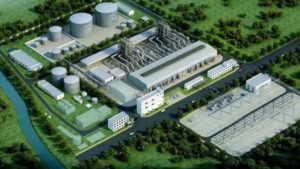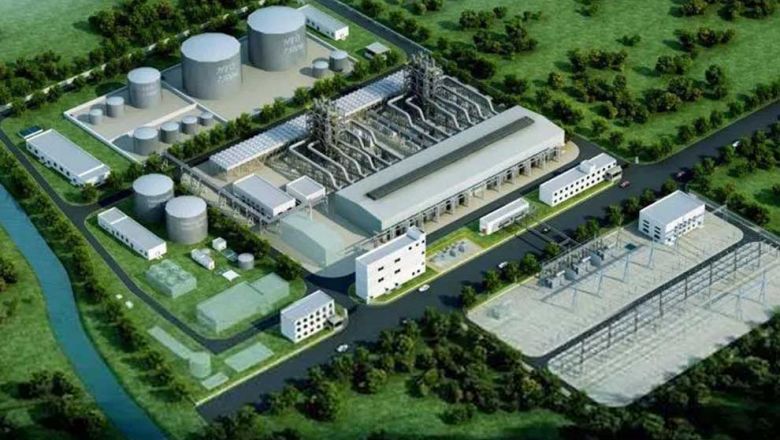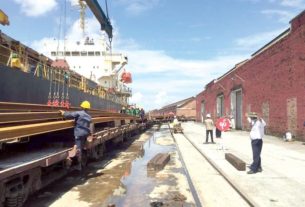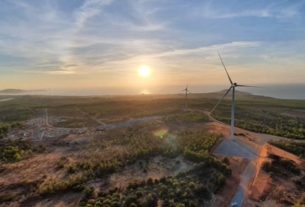
Cambodia’s Power plant in Kandal province delayed by Covid-19 travel bans
The first phase of a $380 million heavy fuel oil power plant in Kandal province’s Lvea Em district has been further delayed due to travel restrictions imposed to curve Covid-19, a Ministry of Mines and Energy senior official told The Post.
Its General Department of Energy director-general Victor Jona said the delay would not materially affect national electricity supply.
He said: “We are delayed because the technicians – from Finland and Germany – cannot fly to Cambodia. I believe flights will resume next month so the technicians will be back.
“We have a surplus supply [of power] now, and even if the facility were ready for launch, we’d put it off as it costs more to operate heavy fuel oil plants than hydropower.
“We have a healthy amount of power in reserve for peak demand in dry season, but there won’t be a shortage of electricity next year. Our reservoirs are filling up to the brim,” he said.
The plant will generate 100MW when the first phase is ready and 400MW of power when completed.
Jona previously told The Post that the demand for electricity in the country is growing at an average of 16-18 per cent annually, though it soared 25 per cent last year from 2018.
Cambodia can currently generate about 70-80 per cent of total domestic electricity consumption, he said.
From 2006 to the end of last year, electricity investment totalled $6.1 billion, reflecting the growth of Cambodia’s energy sector over the last few years in response to current and future needs, said a ministry report.
The figure can be broken down into $3.3 billion in 2,756MW of electricity-generating capacity; $1.1 billion in 36 sub-stations, and $1.7 billion in a 34,056km medium-voltage electricity distribution network with 18,462 transformers and a 36,853km low-voltage network comprising more than 2.8 million capacitor bank connections.
In February, ministry secretary of state Ty Norin told an annual ministerial meeting that foreign direct investment and local investment combined accounted for $4.6 billion, while state investment through credit assistance and its direct budget accounted for $1.5 billion.
He said the private sector has made a significant contribution to the electricity sector, which is the key to accelerating the achievement of the government’s electricity development goals.
“Without private sector investment, the state would have needed to invest until 2056 to achieve the amount amassed since 2006.
“Private sector investment has greatly accelerated electricity sector development,” said Norin.
The Electricity Authority of Cambodia’s (EAC’s) 2018 annual report says the Kingdom planned to increase its electricity supply to 2,871MW last year, up from 2,650MW in 2018.
Source: https://www.phnompenhpost.com/business/power-plant-delayed-covid-19-travel-bans


